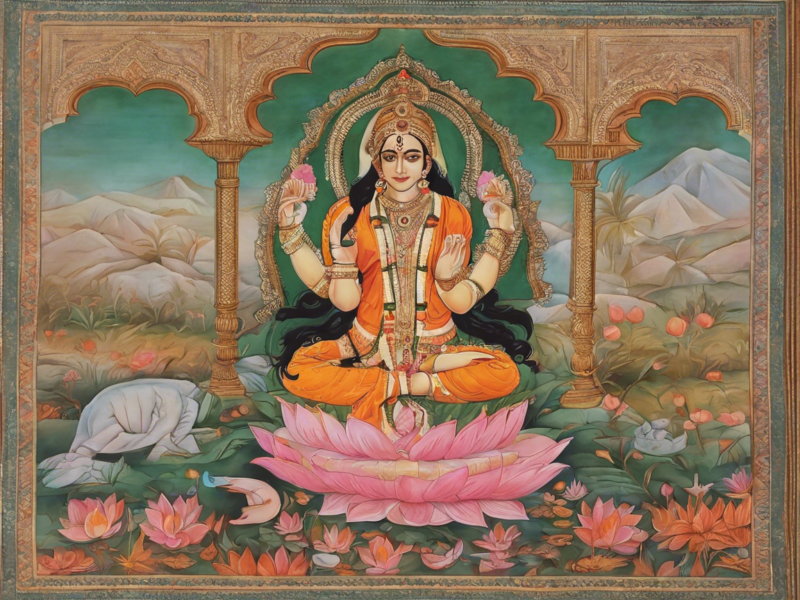Introduction:
The Seema Haider case has sparked widespread attention and debate regarding the legal system, human rights, and judicial transparency. This article aims to delve into the complexities of the case, analyze key details, and discuss the implications it has for society at large.
Background of the Seema Haider Case:
Seema Haider, a prominent human rights activist, was arrested by local authorities on charges of sedition and conspiracy. The case stemmed from her vocal criticism of government policies and her active involvement in organizing peaceful protests against alleged human rights violations.
Key Details of the Case:
-
Arrest and Detention: Seema Haider was arrested without a warrant and placed in detention for an extended period without access to legal counsel or communication with her family.
-
Charges: The charges against Seema Haider include sedition, conspiracy, and incitement to violence, based on her speeches and social media posts criticizing government actions.
-
Legal Proceedings: The legal proceedings in Seema Haider’s case have been marked by delays, lack of transparency, and concerns about due process violations.
-
Public Outcry: The arrest of Seema Haider has sparked public outrage, with human rights organizations, activists, and civil society groups calling for her immediate release and fair trial.
Implications of the Seema Haider Case:
-
Freedom of Expression: The case raises significant concerns about freedom of expression and the right to peaceful dissent in society. It highlights the risks faced by activists and individuals who speak out against government policies.
-
Rule of Law: The case underscores the importance of upholding the rule of law, ensuring due process, and protecting the rights of individuals, regardless of their political beliefs or affiliations.
-
Judicial Independence: The independence of the judiciary is crucial in ensuring fair and impartial legal proceedings. The Seema Haider case raises questions about judicial independence and the potential influence of political interests on the legal system.
-
Media Freedom: The case also brings to light the role of media freedom in holding government accountable and shedding light on human rights violations. Restrictions on press freedom can impede transparency and hinder public awareness of critical issues.
Frequently Asked Questions (FAQs):
-
Q: What is sedition, and how is it defined in legal terms?
A: Sedition refers to actions or speech inciting resistance against lawful authority. It is often a contentious and broadly interpreted offense that can restrict freedom of expression. -
Q: What are the rights of individuals in detention or under arrest?
A: Individuals have the right to legal counsel, due process, communication with family, and protection against arbitrary arrest and detention under international human rights standards. -
Q: How can the international community support individuals like Seema Haider facing human rights violations?
A: The international community can exert diplomatic pressure, advocate for fair trials, and raise awareness about cases of human rights abuses to hold governments accountable. -
Q: What is the role of civil society in promoting human rights and social justice?
A: Civil society plays a vital role in advocating for human rights, monitoring government actions, and providing support to individuals facing legal challenges or rights violations. -
Q: How can ordinary citizens contribute to protecting human rights and promoting justice in their communities?
A: Citizens can educate themselves about human rights, support advocacy campaigns, engage in peaceful protests, and hold government officials accountable for upholding legal protections.
In conclusion, the Seema Haider case serves as a sobering reminder of the challenges faced by human rights defenders, the importance of upholding the rule of law, and the need for greater transparency and accountability in legal proceedings. It calls upon all members of society to stand up for justice, defend fundamental rights, and work towards a more equitable and just world.




